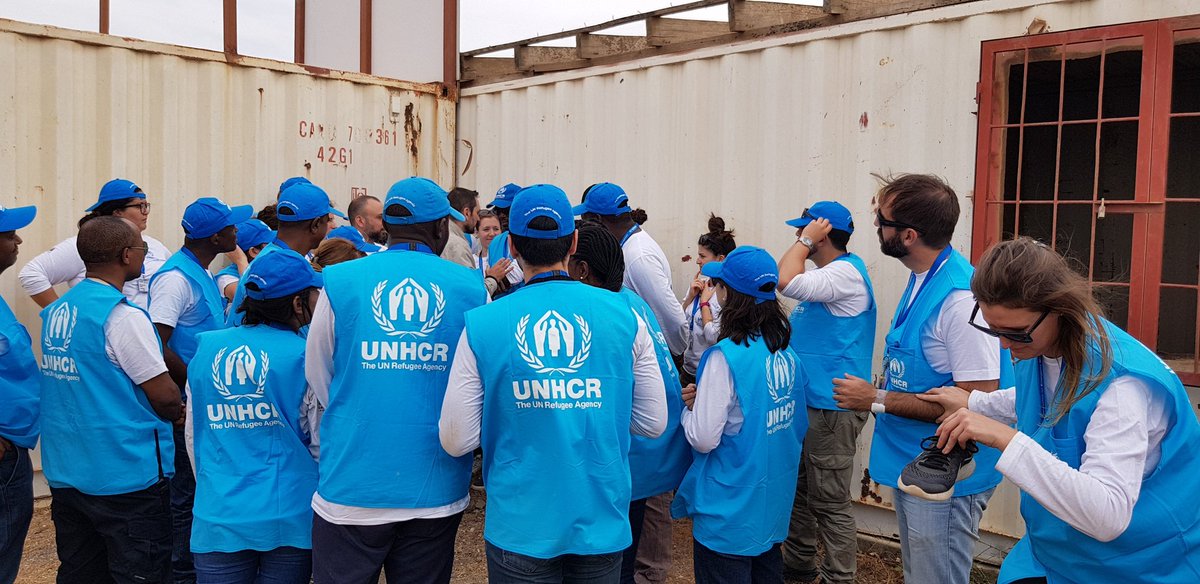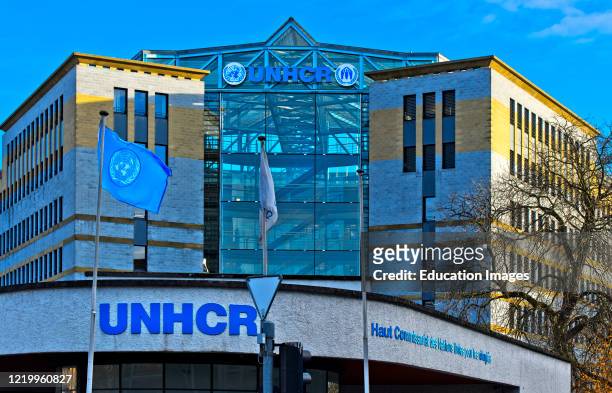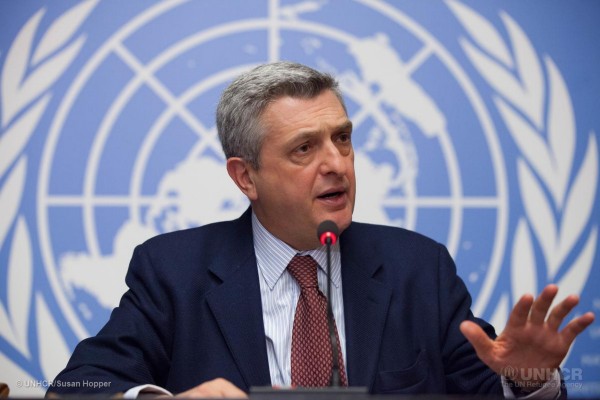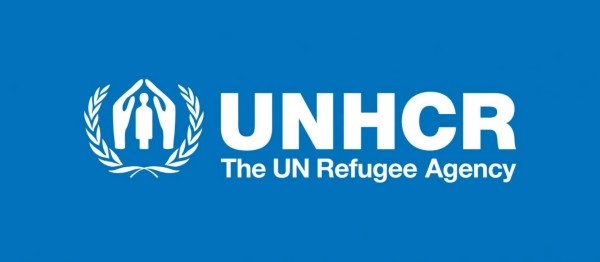Regional
UNHCR stand in UK Rwanda deal has a hidden agenda

The UN refugee agency, UNHCR,
claims that it is a global organization dedicated to saving lives, protecting
rights and building a better future for people forced to flee their homes
because of conflict and persecution.
It arguably leads
international action to protect refugees, forcibly displaced communities and
stateless people. But its stand towards the UK-Rwanda Migration and Economic
Development Partnership, signed in April 2022, raises a number of questions.
The UN agency first presented
fabricated allegations to UK courts about Rwanda’s treatment of asylum seekers,
while still partnering with Kigali to bring African asylum seekers from Libya
to safety in Rwanda through the Emergency Transit Mechanism.
“Our understanding is that one
of the cases that the UNCHR has referred to relates to a man who was denied
asylum in the Seychelles. Following this judgement, the UNHCR in South Africa
unilaterally decided he should be given asylum in Rwanda. The Government of
Rwanda was neither consulted prior to this decision, nor have we had any
contact from the UNHCR about this case since,” reads a statement released on
June 11 by the Rwandan government, few hours after the UNHCR told the UK courts
that it has new evidence that Rwanda is ‘unsafe’.
Kigali reiterated that the
case is just one in a series of wholly unserious allegations that have been
levelled against us by the UNHCR. Another absurd claim was that Rwanda was
denying asylum to a group of Burundians - who in fact did not ever claim asylum
but instead were found to have breached Rwandan immigration laws.
Considering the fact that
Kigali currently provides refuge to tens of thousands of Burundians who sought
safety in Rwanda, the allegation by UNHCR is baseless.
Other UNHCR allegations
against Rwanda relate to people with legal status in other countries arriving
in Rwanda, neither meeting the country’s entry requirements for visitors nor
claiming asylum, or people leaving Rwanda entirely of their own volition.
Again, according to Kigali,
these are not examples of refoulement, as Rwanda does not refoule asylum
seekers.
The UNHCR intends to undermine
the safety of Rwanda within the UK courts. The challenge is more unbelievable
given that Rwanda has entered into binding agreements with the UK to process
refugees, migrants and asylum seekers, building upon the country’s already
proven record of providing safety to those fleeing conflict.
“Rwanda remains committed to
upholding all of our obligations as signatories to the refugee convention. We
will continue to provide safety and opportunity to those fleeing conflict, as
we have done for the last thirty years,” stated the Rwandan government.
Rwandan immigration officers
on June 13 received 113 refugees from Libya. The arrivals, originating from
South Sudan, Eritrea, Sudan, Côte d'Ivoire, Ethiopia, and Somalia, are the 18th
cohort of asylum seekers evacuated from the North African country under an
Emergency Transit Mechanism of the Rwandan government and the UNHCR set up in
2019 to support African asylum seekers stranded in Libyan detention facilities.
Rwanda has received more than 2,300 of such asylum seekers through the
mechanism.
How did UNHCR accept to be
part of the mechanism if Rwanda is unsafe for asylum seekers as the agency told
UK courts?
Rwanda hosts more than 130,000
refugees, mainly from the Democratic Republic of Congo (DRC) and Burundi.
Through an emergency transit
mechanism between Rwanda and the UNHCR, asylum claims are processed in Rwanda.
Over 1,600 of them have been settled in third countries.
The UK-Rwanda deal also will
see asylum claims get processed in Rwanda, and people fleeing from conflict
will be settled in the UK after their requests are accepted.
Why did UNHCR chose to treat
the UK-Rwanda deal differently?
The UNHCR’s claims that Rwanda
is unsafe for asylum seekers from the UK are politically motivated. That is
very clear.
The agency’s agenda, this time around, is not saving the lives of people forced to flee their homes because of conflict and persecution. Its agenda is to tarnish the image of Rwanda.





